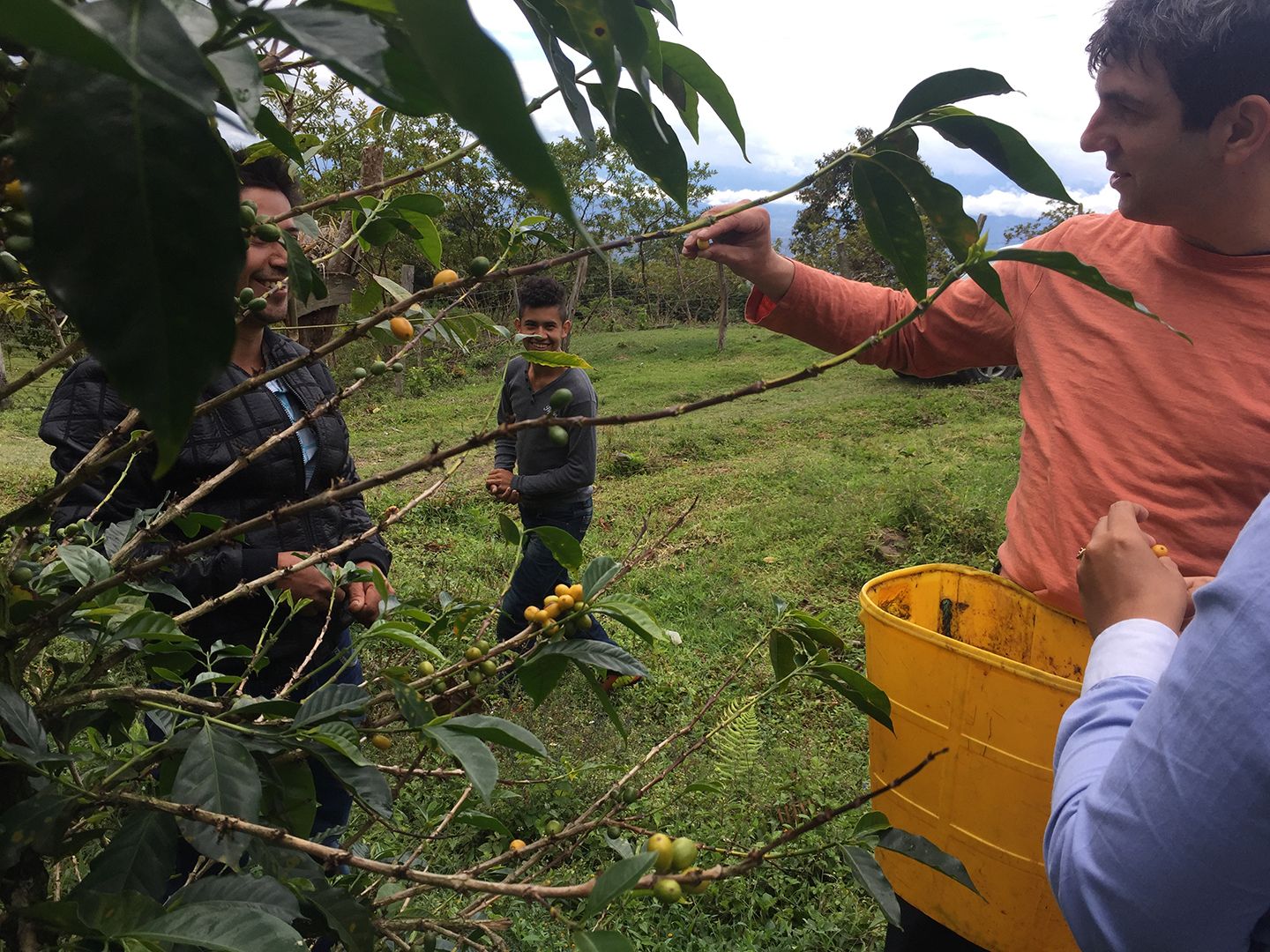核心概念
In "Thanks a Thousand," A.J. Jacobs explores the interconnectedness of people involved in creating everyday items, emphasizing radical gratitude to enhance life's quality.
摘要
A.J. Jacobs embarks on a journey of gratitude, thanking 1,000 individuals involved in his morning coffee production. Through encounters with various contributors, he highlights the importance of acknowledging the efforts behind seemingly mundane objects and fostering a sense of interconnectedness in a world often plagued by tribalism and isolationism. Jacobs' narrative blends humor, inspiration, and ethical introspection, urging readers to savor moments and appreciate the intricate web of human collaboration that shapes our daily experiences.
自定义摘要
使用 AI 改写
生成参考文献
翻译原文
翻译成其他语言
生成思维导图
从原文生成
访问来源
www.newsweek.com
The Pause That Refreshes
统计
"The project culminated in Jacobs throwing the biggest family reunion ever—a party, attended by 4,000 people."
"Forty-six percent of wood in America is used for pallets!"
"He thanked people in person, by phone, by email and handwritten note."
引用
"Gratitude is an enabler." - A.J. Jacobs
从中提取的关键见解
by Mary Kaye Sc... 在 www.newsweek.com 11-21-2018
https://www.newsweek.com/thanks-thousand-j-jacobs-coffee-radical-gratitude-1222245
更深入的查询
How can radical gratitude impact individual well-being and societal connections?
Radical gratitude, as exemplified by A.J. Jacobs in his book "Thanks a Thousand," can have profound effects on both individual well-being and societal connections. On an individual level, practicing extreme gratitude can shift one's mindset from negativity to positivity. By constantly acknowledging and appreciating the efforts of others, individuals are more likely to experience increased levels of happiness, contentment, and overall satisfaction with life. This focus on gratitude also helps individuals develop resilience in the face of challenges by reframing difficulties as opportunities for growth.
Moreover, radical gratitude fosters stronger societal connections by highlighting the interconnectedness of humanity. When people recognize the countless individuals involved in even simple daily tasks like enjoying a cup of coffee, they become more empathetic and understanding towards others. This heightened sense of connection leads to increased compassion, cooperation, and a sense of community among people from diverse backgrounds.
What are potential drawbacks or criticisms of practicing extreme gratitude as advocated by A.J. Jacobs?
While radical gratitude has many benefits, there are potential drawbacks or criticisms associated with its practice. One criticism is that excessive focus on expressing thanks for every little thing may come across as insincere or performative. Some critics argue that this type of extreme gratitude could diminish the value of genuine appreciation when it becomes a routine rather than a heartfelt sentiment.
Additionally, there is concern that overly emphasizing personal thankfulness may inadvertently downplay systemic issues or injustices present in society. Critics suggest that encouraging individuals to be excessively grateful for their circumstances could lead to complacency and acceptance of inequalities or problematic situations without addressing underlying causes.
Furthermore, some individuals may find it challenging to maintain such high levels of gratitude consistently over time due to varying life circumstances or mental health struggles. For those dealing with depression or anxiety disorders, being constantly reminded to express extreme thankfulness might feel overwhelming or unrealistic.
How does acknowledging the efforts of others contribute to personal growth and empathy?
Acknowledging the efforts put forth by others plays a significant role in fostering personal growth and empathy within individuals. When we take the time to recognize and appreciate the contributions made by different people towards our daily experiences—such as enjoying a cup of coffee—we develop a deeper understanding of interdependence and interconnectedness.
By actively acknowledging these efforts through expressions of thanks like those practiced by A.J Jacobs in "Thanks a Thousand," individuals cultivate humility and perspective about their place within larger systems at play in society. This awareness not only promotes personal growth but also nurtures empathy towards others who may be unseen but essential parts of our lives.
Moreover, recognizing the labor behind everyday conveniences instills respect for diverse roles within communities while breaking down barriers between social groups based on status or occupation. Through this process, individuals expand their capacity for compassion towards fellow human beings regardless of background differences—a crucial aspect contributing to enhanced interpersonal relationships built on mutual understanding and appreciation.
0
